
If approved, the investigational intravenous gene therapy will be the first disease-modifying therapy for developmental and epileptic encephalopathy (DEE).

If approved, the investigational intravenous gene therapy will be the first disease-modifying therapy for developmental and epileptic encephalopathy (DEE).

The hospital pharmacists’ role in treating patients with epilepsy starts with their place on the multidisciplinary team, which identifies appropriate drug selection in the hospital. It continues with counseling and therapy reconciliation to assure smooth transitions upon patient discharge to the community.

In addition to oral administration, patients with partial-onset seizures can now take the antiseizure medication via a nasogastric tube if the tablet is crushed and mixed with water.
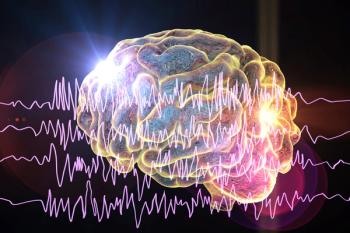
Comorbidities and cognitive impairment worsen non-adherence to anti-seizure medications in older adults.

The CBD gummy market is being fueled by the desire for alternative, natural treatment options.
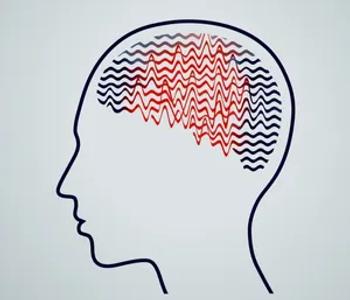
Inequities were also apparent between those who saw and did not see neurologists, analysis shows.
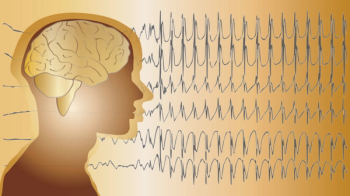
Individuals who had COVID-19 were 55% more likely to develop epilepsy or seizures over the following 6 months than those who had influenza.
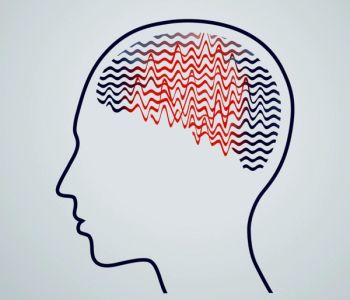
Pharmacists are an essential part of improving care for patients with epilepsy.

Pregnant women with epilepsy showed more symptoms of anxiety and depression than healthy pregnant or non-pregnant women, but mental health screening may help.

Researchers highlight how a lack of access to medications used to treat multiple sclerosis, migraines, and epilepsy, but not proven safe for pregnancy, threatens child-bearing aged women who live with these conditions.

Zonisade is the first and only FDA-approved oral liquid formulation of zonisamide, which helps patients with epilepsy who have difficulty swallowing tablets.


Study results show that these personalized treatments adjust based on cerebral function through electric pulses.

Investigators hypothesize that concurrent symptoms of anxiety and depression may be linked to concerns about adverse events.

The influence of this treatment continued for centuries.

This conditional approval is the first under the 2018 reauthorization of the FDA’s Animal Drug User Fee Act program, through which Congress granted the FDA a limited expansion of the conditional approval pathway for certain new animal drugs.
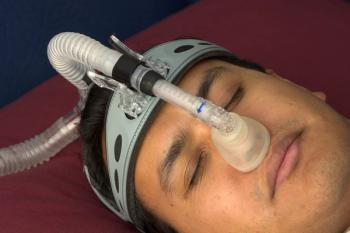
Compared with patients with focal epilepsy, those with genialized epilepsy have a higher risk of obstructive sleep apnea.

New molecules could the brain’s immune system to better control epilepsy.

Dravet syndrome is a life-threatening, rare, and chronic form of epilepsy and is often characterized by severe, unrelenting seizures despite medical treatment, according to the FDA press release.
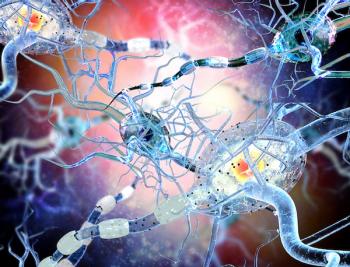
Patients with epilepsy treated with perampanel during routine clinical care had favorable retention rates and sustained efficacy.

Cenobamate is an investigational antiepileptic drug that has shown broad spectrum anticonvulsant activity in preclinical studies and seizure models.

Given the relatively static rate of seizure freedom with the current antiepileptic drug (AED) armamentarium, a need remains for the development of new compounds to help enable more patients achieve seizure freedom. Fortunately, several investigational therapeutic agents and delivery systems are in phase 3 development, which are being investigated for the treatment of orphan diseases and focal-onset and generalized-onset seizures.


Midazolam (Nayzilam) is indicated for seizures that are distinct from a patient's usual seizure pattern, in individuals age 12 years and older with epilepsy.

The drug is indicated for seizures that are distinct from a patient's usual seizure pattern, in individuals age 12 years and older with epilepsy.